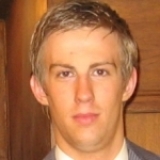Neurocritical care as a new medical subspecialty has grown rapidly over the last twenty years. During the first half of the 20th century, neurologists and neurological nurses were the first critical care practitioners to use on a large-scale mechanical ventilation to rescue thousands of patients affected by poliomyelitis epidemics. Respiratory monitoring and ventilation support are still the most common reasons for admissions of patients to the neurological intensive care unit (NICU). The major challenge in the NICU is treatment of acute neurological diseases and prevention of all medical complications that determine survival and recovery. Time is a critical factor for rapid diagnoses and therapeutic interventions in many acute neurological disorders. Neuroprognostication of recovery of consciousness as well as long term functional outcome and ethical aspects in withholding/withdrawing of life sustaining therapies have also become a required although very challenging expertise.
The spectrum of neurological conditions that require critical specialist neurological critical care includes: traumatic brain and spinal cord injury, intracerebral haemorrhage (SAH, ICH, SDH), severe ischemic stroke, status epilepticus, neuroinfections, encephalitis and neuromuscular disorders such as myasthenia gravis and Guillain-Barré syndrome. Although organisational structures vary (open / closed ICU, dedicated ICU or beds in general ICU, physician with an initial neurological or critical care background etc…) the neurologic critically ill patient needs a multidisciplinary “neuroscience team”. Consequently, the care provided to these patients very often includes: EMS personnel, emergency medicine physicians, neurologists, neurosurgeons, anaesthesiologists, critical care physicians, neurophysiologists, neuroradiologists and neurorehabilitation specialists; among others.
Highly specialised nursing and therapy staff are also essential.
It has been proven that the care provided by specially trained neuro-intensive care personnel improves survival, functional outcome and expenses for patients with neurological emergencies, who require critical care. The neuro-intensive care physician needs to be trained in all of the skills expected of the general intensive care physician and in addition such physician should be also trained as clinical neuroscientists.
Well-known shortage of neurologists in emergency rooms and intensive care units. Emergency care requires a response within minutes or just few hours, frequently to the patients who have decreased level of consciousness, impaired airway protection, depressed cough and gag reflexes, respiratory muscle weakness, or who are having epileptic seizures.
Many neuro-intensive care physicians are already members of professional organisation like the Neurocritical Care Society that now gathers 2500 caregivers over the world, and large national societies such as the Deutsche Gesellschaft für Neurologische Intensivmedizin with over 9000 members. In a number of countries Neurocritical Care has thus become an established sub-speciality. Meanwhile a journal which addresses the specific issues of neurological and neurosurgical patients treated on the ICU was launched in 2004. “Neurocritical Care” in the meantime has reached an impact factor of >2.5
The main goal of the EAN Scientific Panel on Neurocritical care is to provide neurocritical care support, research and education in all European countries. Currently the Scientific Panel consists of 41 members from 23 European countries (as of September 2019). The Panel will welcome new members. Neurologists and other physicians interested in the field of neurocritical care can contact the EAN Head Office via scientific@ean.org.
In the past, members of the Scientific Panel on Neurocritical care contributed to publications of the EAN guidelines on cerebral venous thrombosis, status epilepticus and myasthenia gravis.
During every EAN congress Focused Workshops, Symposia and Teaching Courses were organised, which discuss for instance the current criteria for brain death determination, used in different European countries. EAN, like other medical societies, sees it as a duty to formulate and implement accurate evidence-based guidelines for the brain death determination. Obviously other guidelines like the management of patients with elevated ICP or the management of Status epilepticus will follow in the next years.
Individual panel members


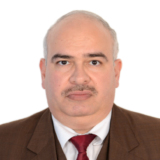






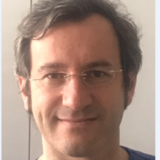

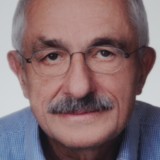




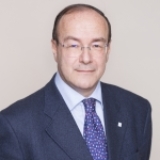


RRFS Member









Partner Society Representatives
AOAN Representative

EPNS representative
Institutional panel members












